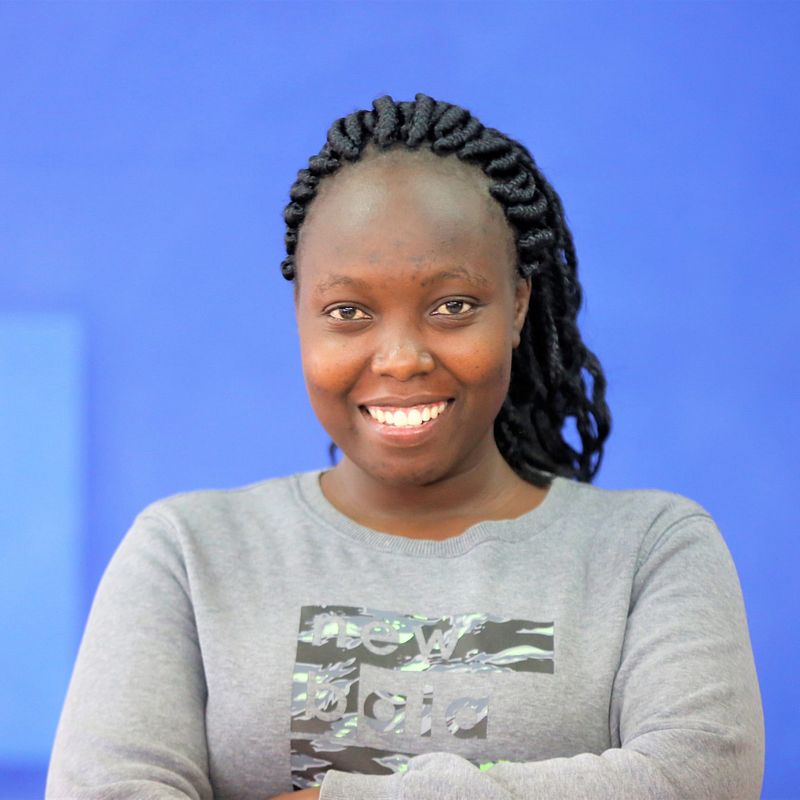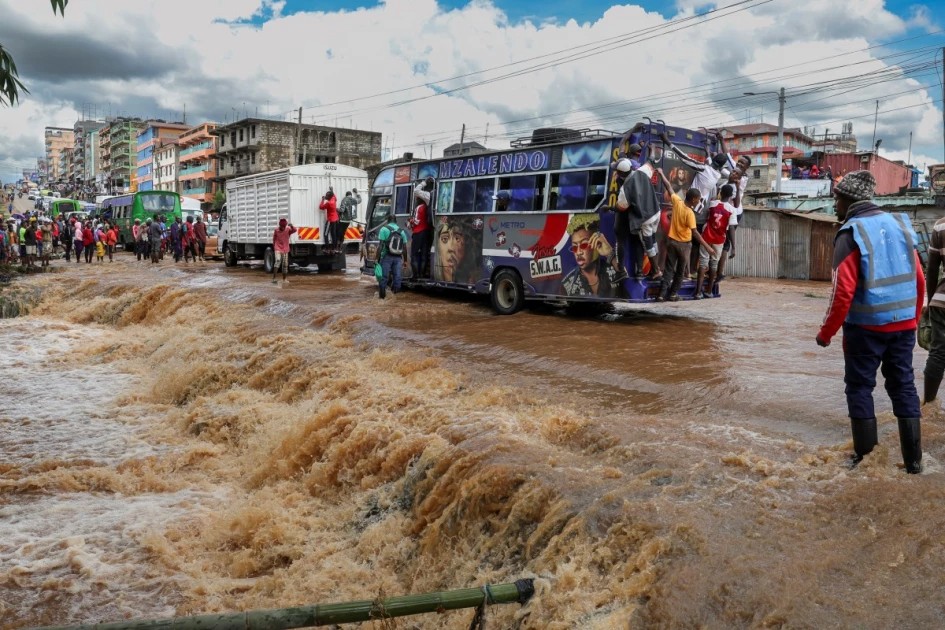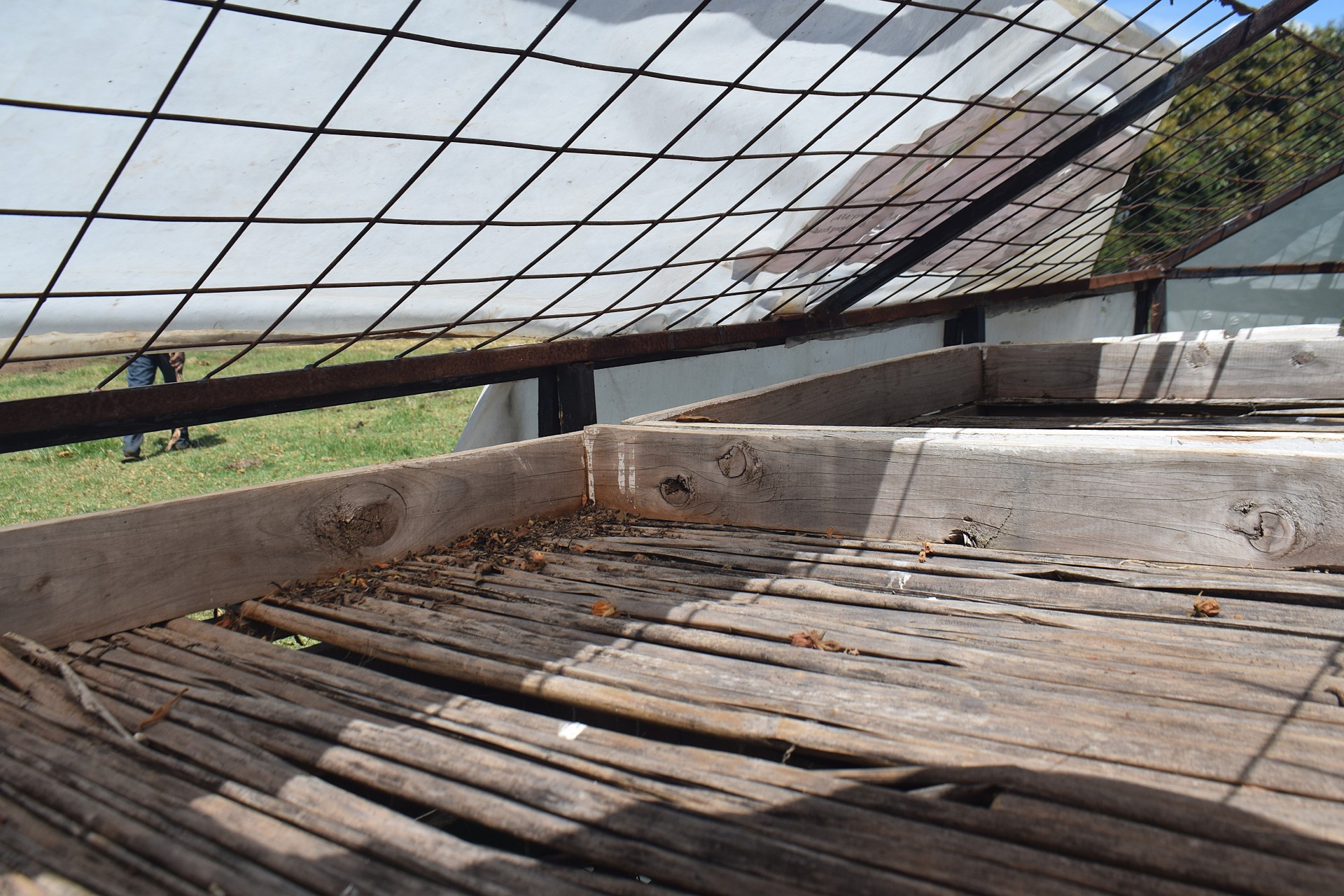- Open to journalists, freelancers, content creators, and community media workers, the awards accepted stories published, broadcast, or posted between 1 December 2024 and 26 October 2025. Submissions in any African language are welcome, with judging conducted in English.
Kabarak University student and award winning journalist Caroline Chebet has been named a finalist for the 2025 Climate Media Awards. Her shortlisted story, “School calendars disrupted as Lake Baringo waters rise,” stands alongside entries from Nigeria, Tanzania, and South Africa.
In the story published on the Standard Newspaper , Caroline chronicles the renewed flooding crisis in Baringo County, where Lake Baringo’s swelling waters have once again submerged schools, health centers, and homes. The story captures the haunting echoes of 2020’s displacements, but this time, the recurrence has deepened fears of long-term instability for communities living near the lake’s edge.
She documents how institutions like Salabani Secondary and Lake Baringo Secondary have shut down or relocated after classrooms and infrastructure disappeared beneath the rising tide. Students now miss lessons. Teachers scramble to adapt.
Health facilities haven’t been spared. Ng’ambo Dispensary, once a lifeline, now lies inaccessible raising alarms over disease outbreaks and the lack of medical care for displaced families.
Hundreds of households have evacuated. Many now live in temporary shelters, their crops and livestock lost to the floodwaters. Food insecurity looms large.
Read More
Experts Caroline interviewed link the lake’s rising levels to a volatile mix of climate change, tectonic shifts, and poor land use. The crisis doesn’t stop at Baringo, it’s also affecting Lake Bogoria and Lake Naivasha, painting a broader picture of ecological upheaval across the Rift Valley.
The Climate Media Awards, launched in 2024, invite storytellers across Africa to spotlight how climate change is reshaping lives and how communities are responding.
Open to journalists, freelancers, content creators, and community media workers, the awards accepted stories published, broadcast, or posted between 1 December 2024 and 26 October 2025. Submissions in any African language are welcome, with judging conducted in English.
The awards do not accept fake or misleading stories, hate speech, climate denial, or work not created by the submitting individual or team.
Caroline’s recognition affirms the power of grounded, community-centered reporting. Her story doesn’t just document a flood—it amplifies the voices of those navigating its aftermath, and challenges us to reckon with the climate crisis in our own backyards.
Follow us on WhatsApp for real-time updates, community voices, and stories that matter.





-1769677767.jpg)
